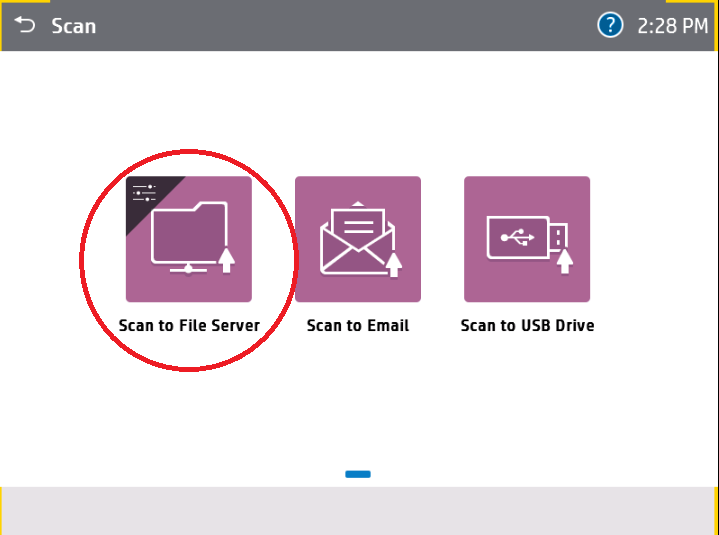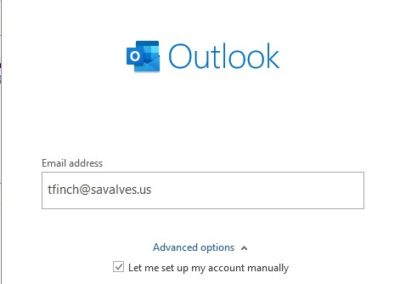

Any message you’d like to share to fellow alumni? The future outlook for the coronavirus pandemic lies with the advancements that will be pioneered by the scientific community. I think it’s impossible for any researcher to accurately predict when this pandemic will eventually fade and communities can get back to normal life, however, I’m optimistic about a vaccine. I think we are going to see incredible innovation in the next weeks to months that will provide meaningful benefits to patients with this virus.

I’m very optimistic about what the researching community will discover. Every day I see research coming out with new information on the virus, promising antivirals, and real progress toward a vaccine. Yeager: Many aspects of this novel coronavirus, its pathology and the epidemiology at play remain largely unknown. What are your concerns as a medical provider now and what are you optimistic about in terms of testing, treatments, and the possibility of vaccines?

Training to become an autonomous physician in normal times is difficult. I am so thankful for my physician mentors who have weathered many storms and provide a sense of calm to the younger doctors, such as myself, who are just starting their careers. When will the coronavirus patients' admissions finally slow? When will Michigan see its peak and eventual decline to more manageable patient counts? Will the peak outpace hospital capacity? It’s important for everyone to remember to take each day one at a time. Before, I might have had one or two extremely sick patients every few weeks that I knew would be transferring to the intensive care unit now, I worry about this possibility with nearly every patient I have seen.įor me, the most challenging aspects of being on the frontline are the anxiety and fear surrounding the unknowns of the pandemic. The coronavirus pandemic that is sweeping hospitals only amplifies these fears. Prior to the coronavirus outbreak, like all physicians, I spent many sleepless nights worrying about my sickest patients, their dwindling treatment options, and the inevitable difficult conversations with patients and families about their prognosis. Yeager: Being a physician, even during non-pandemic times, can be challenging and overwhelming. What is it like to be a physician during this unprecedented time? Changes occur nearly everyday and the hospital has been swift to adapt to the quickly-evolving coronavirus crisis. Like most hospitals in coronavirus-positive communities, we have seen a dramatic increase in patients with the virus and our hospital staff has been working tirelessly to accommodate this uptick. I provide direct physician care to patients primarily in the inpatient and critical care settings. Yeager: As a resident physician intern, I am at the frontline of the novel coronavirus outbreak. What’s the situation like where you are? How is it evolving? What’s your role in diagnosing or treating people? In mid-April, she took time out of her day to respond to a few questions from ChBE. She will continue her training as a Resident Physician at UCLA in the Department of Radiology in Summer 2020. She is currently a Resident Physician completing an intern year at a Michigan hospital. Ashley Yeager received her PhD in Chemical Engineering from the University of Illinois Urbana-Champaign in 2016, followed by an MD from the University of Illinois College of Medicine.


 0 kommentar(er)
0 kommentar(er)
